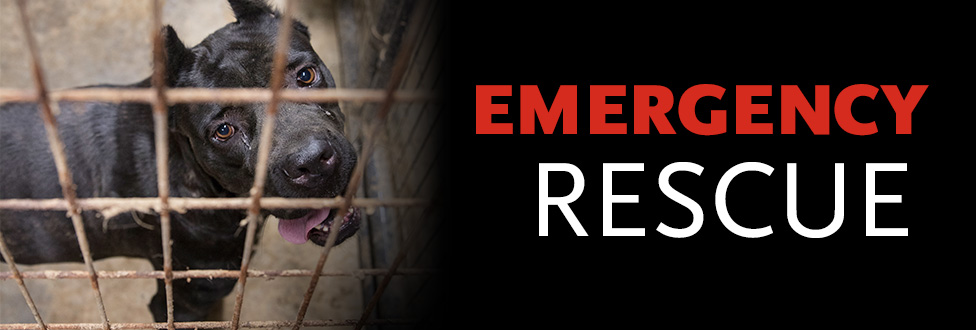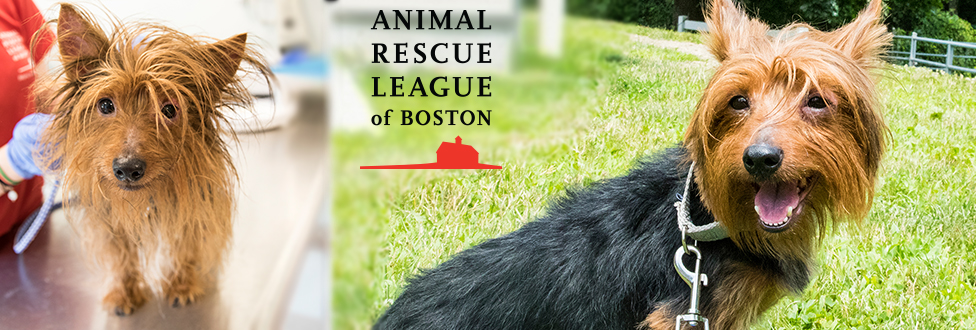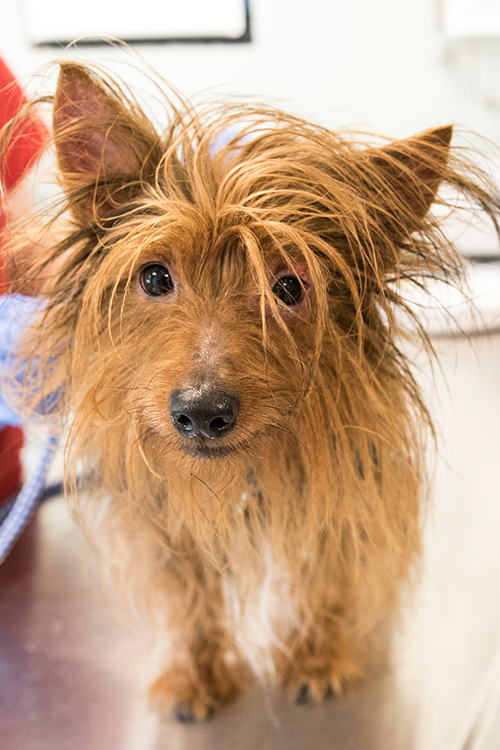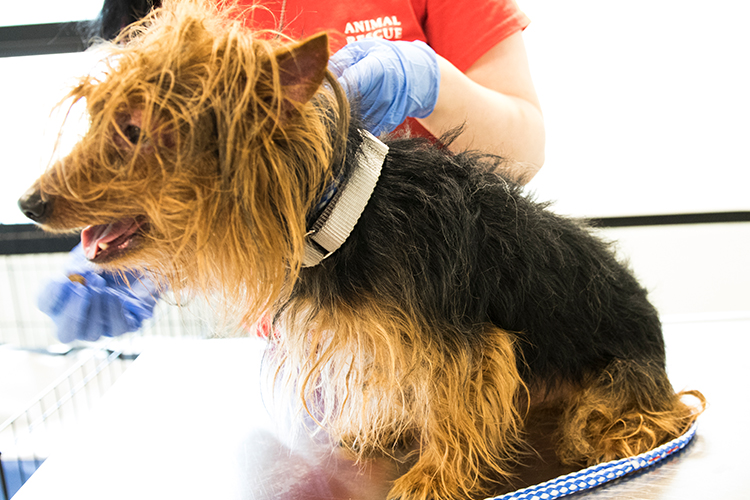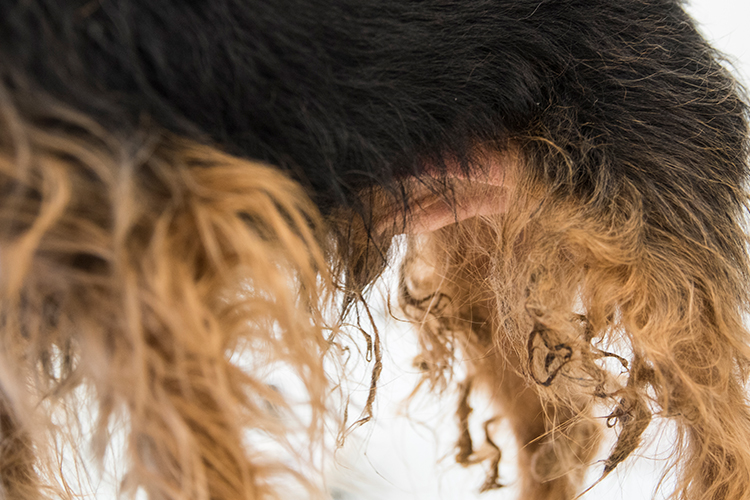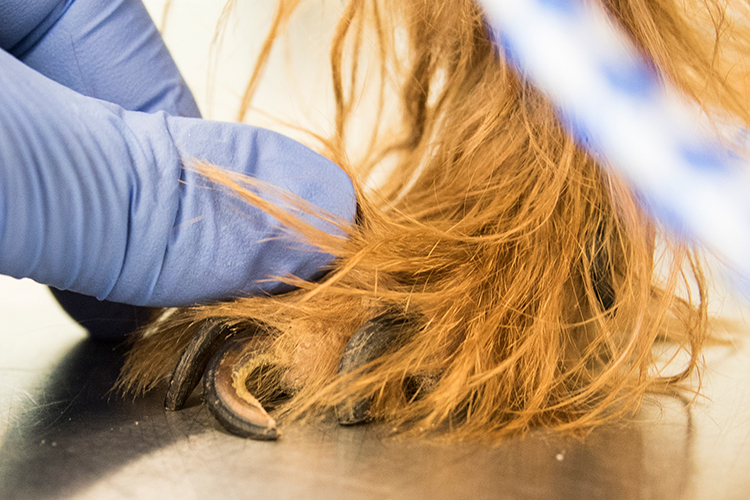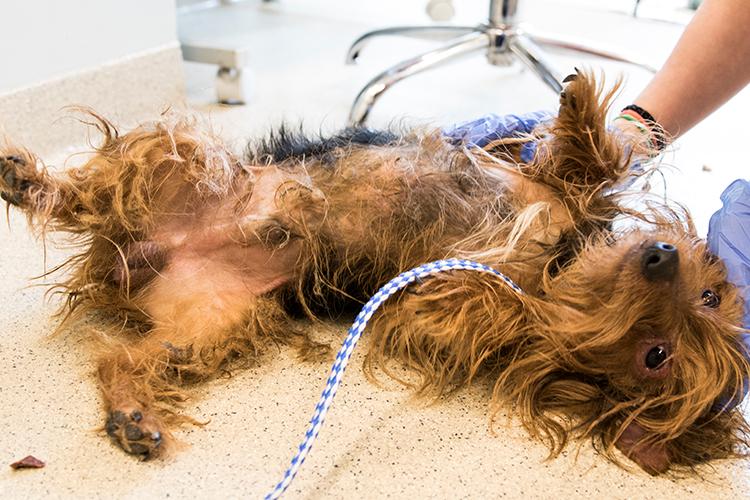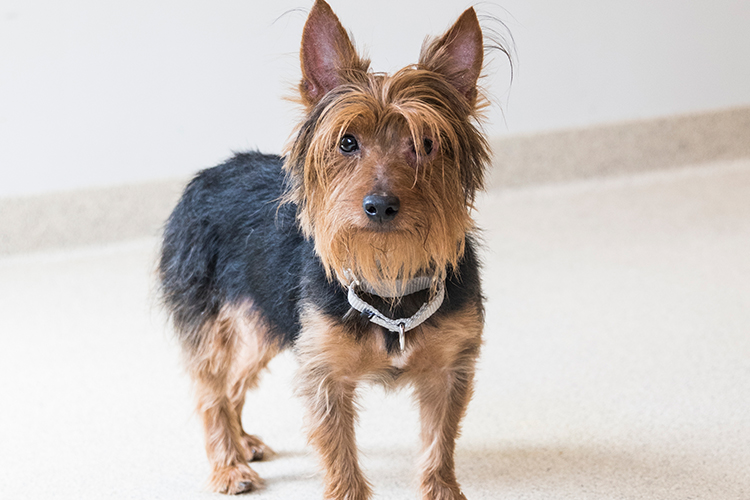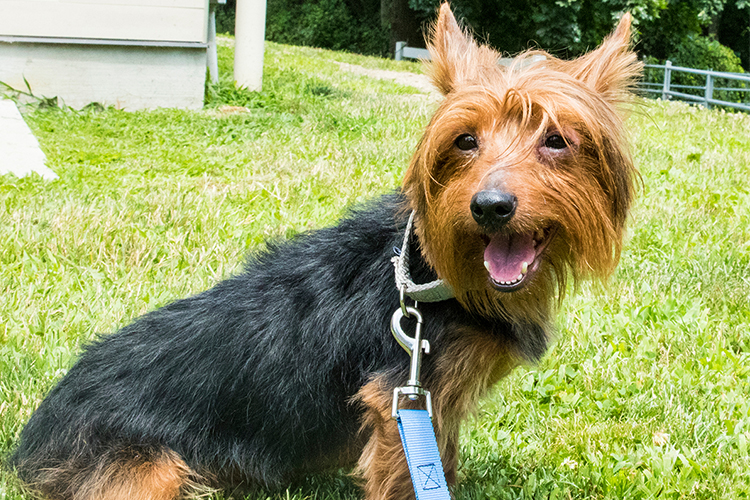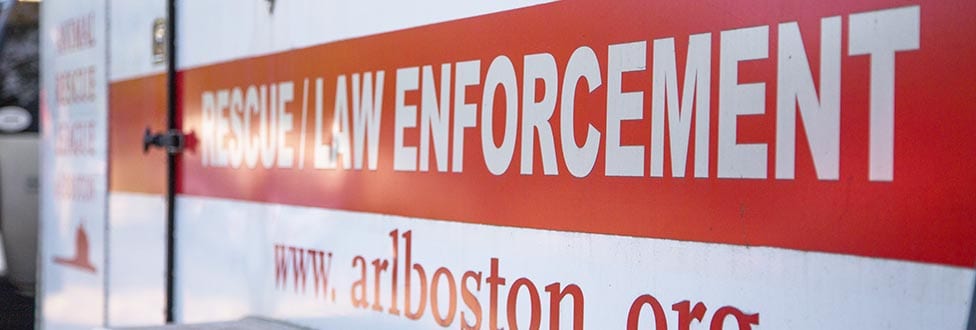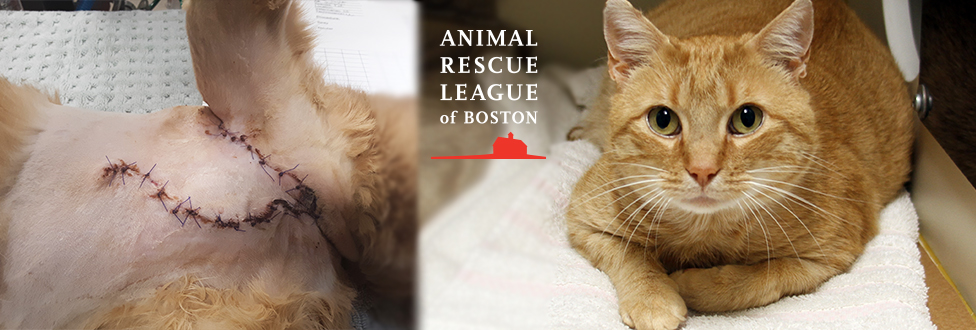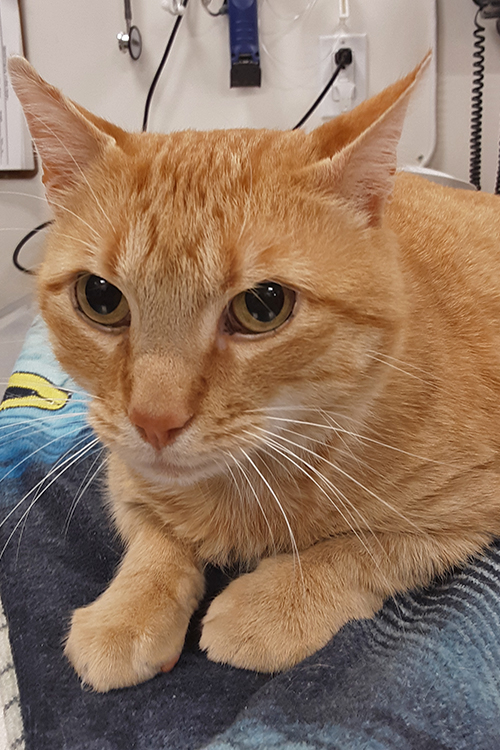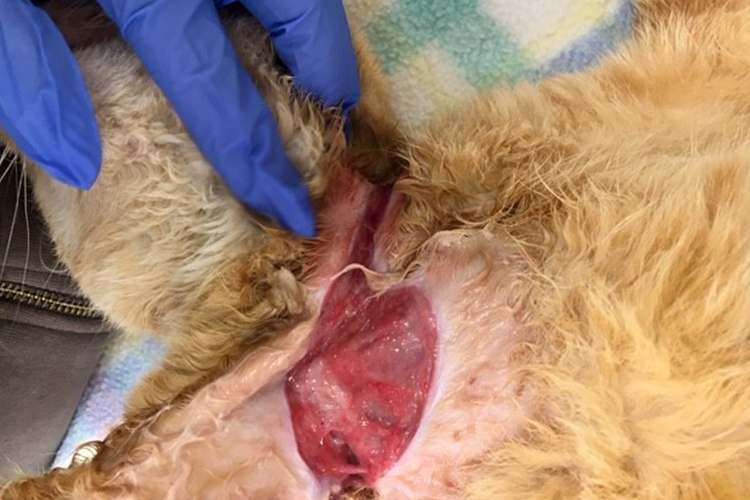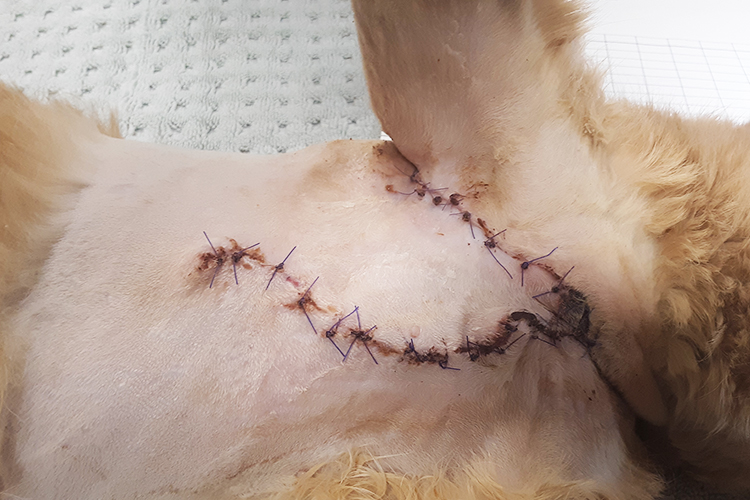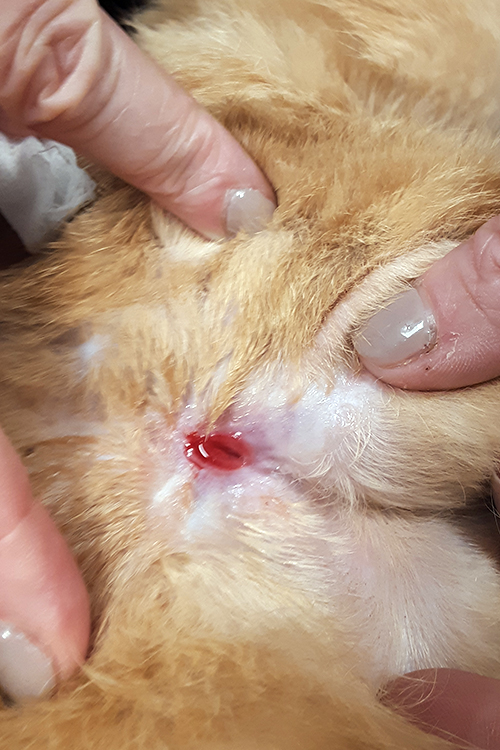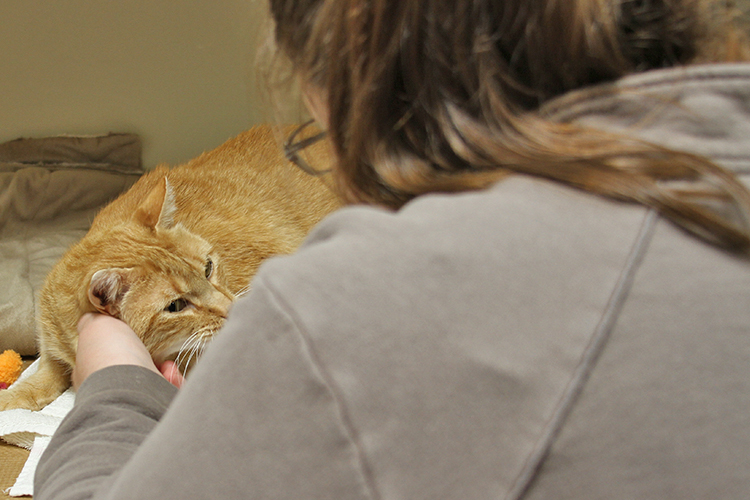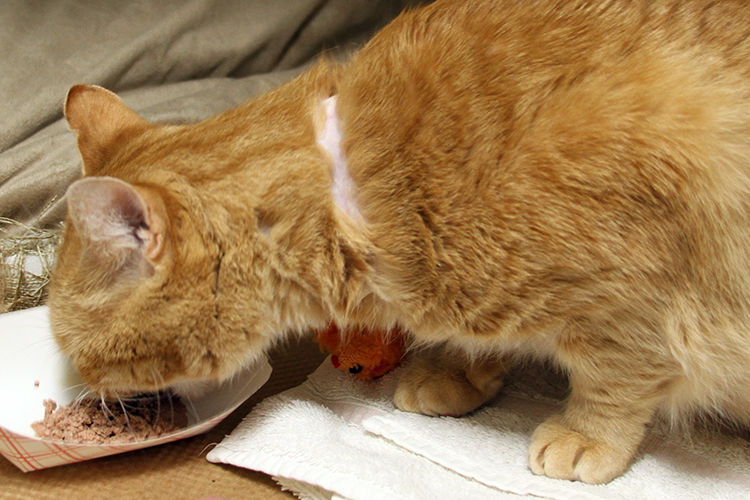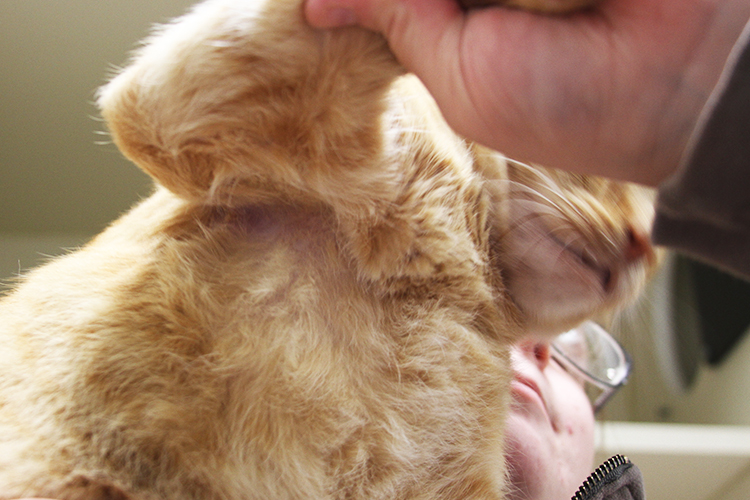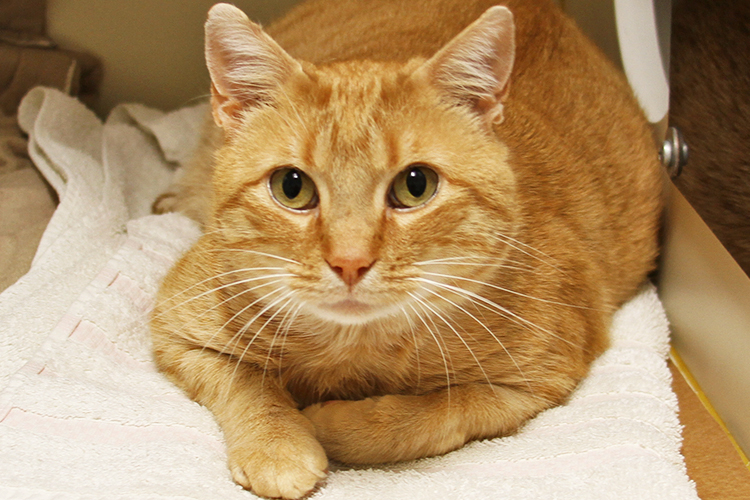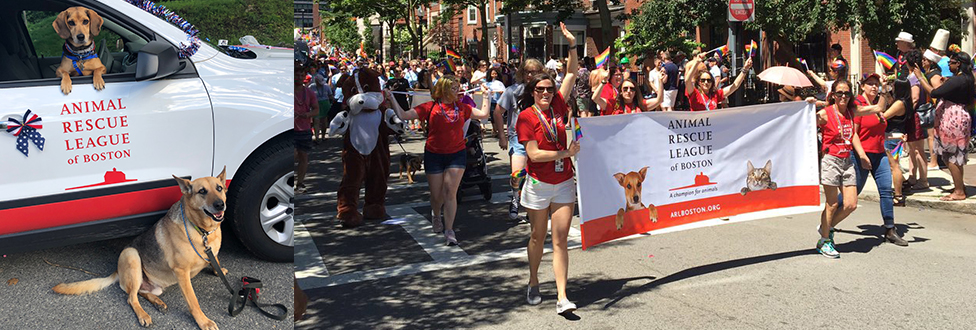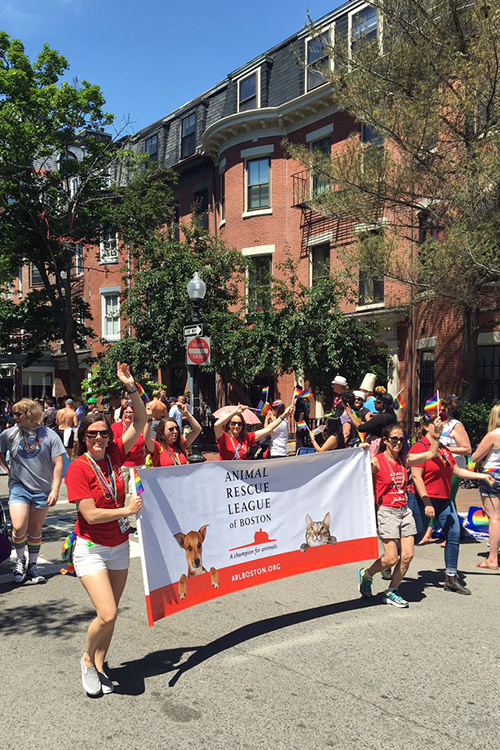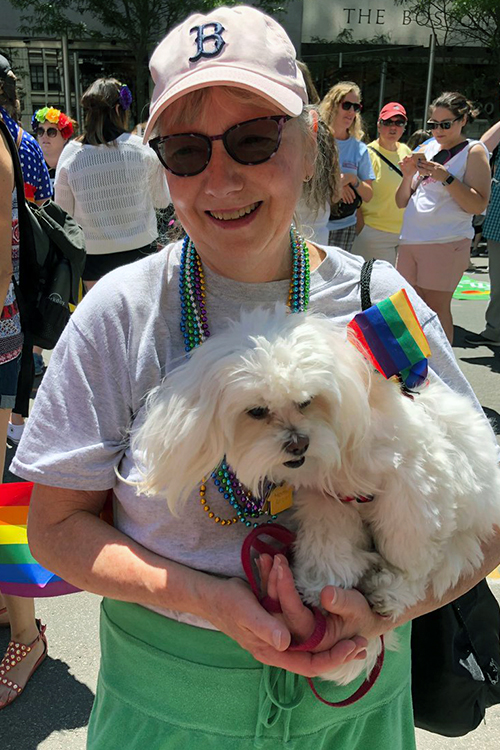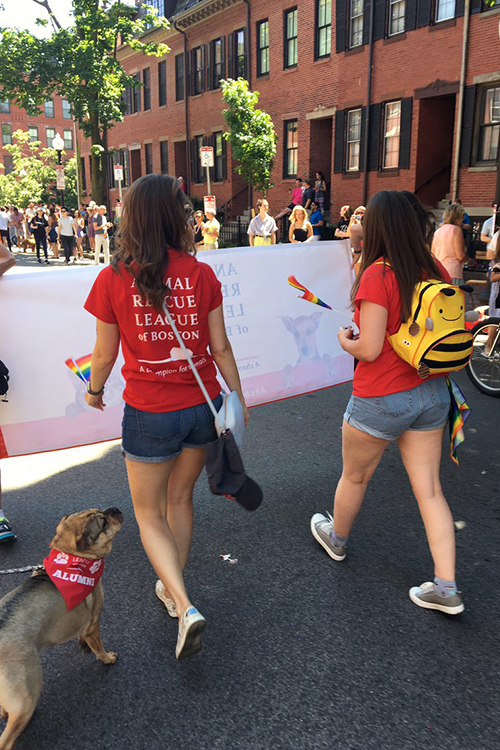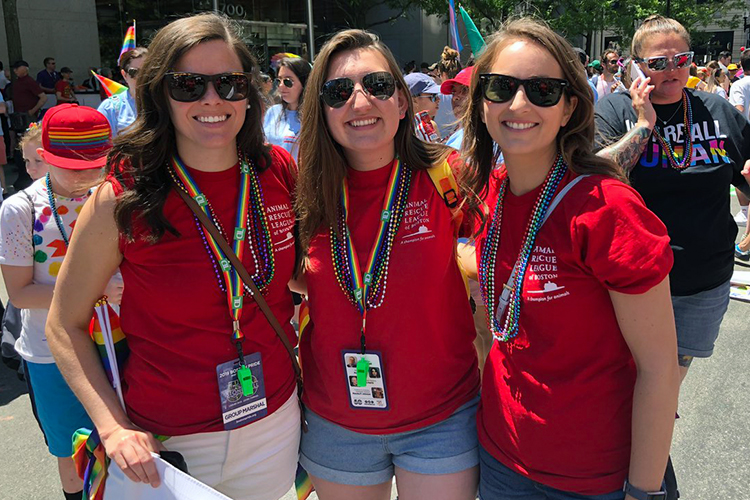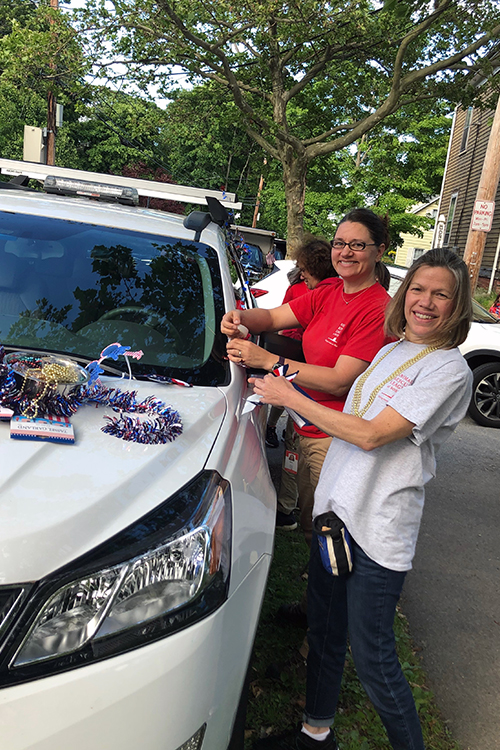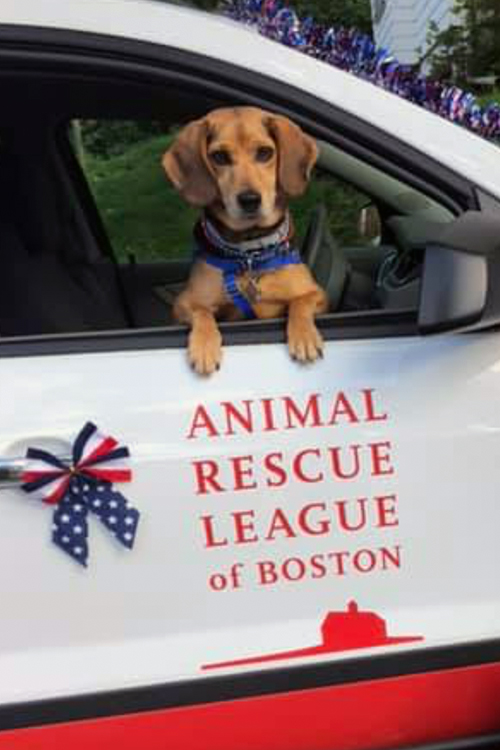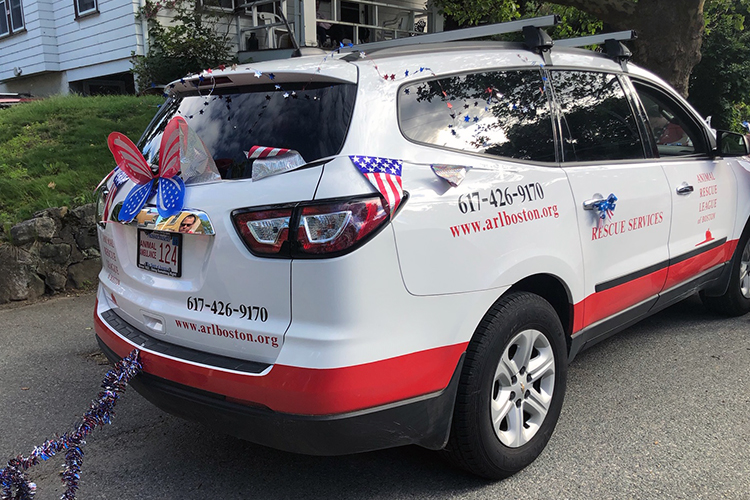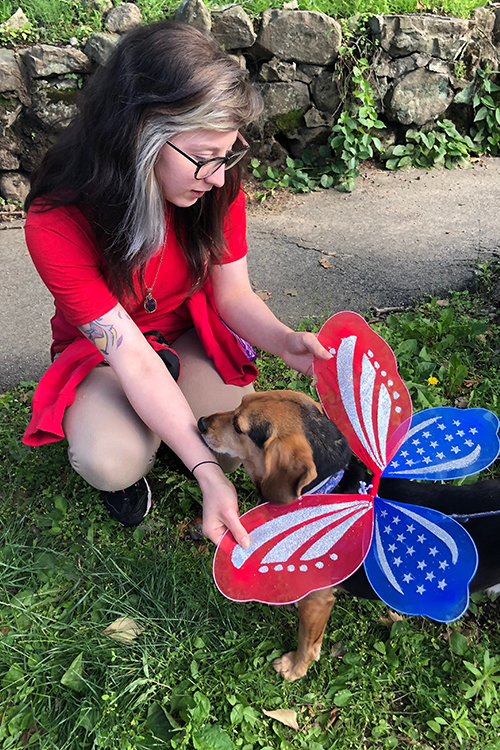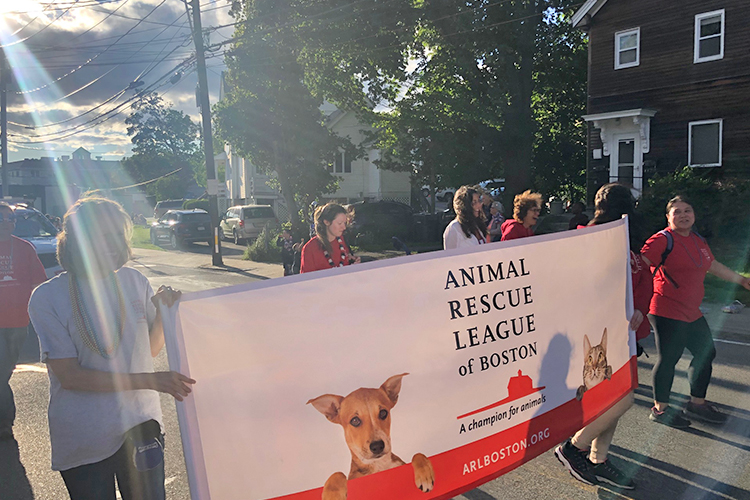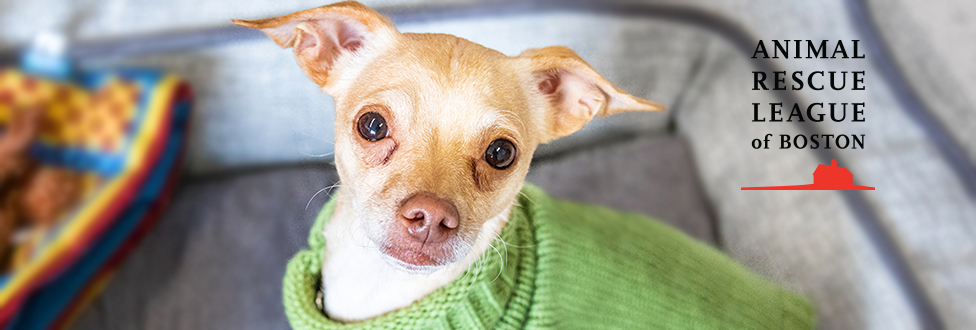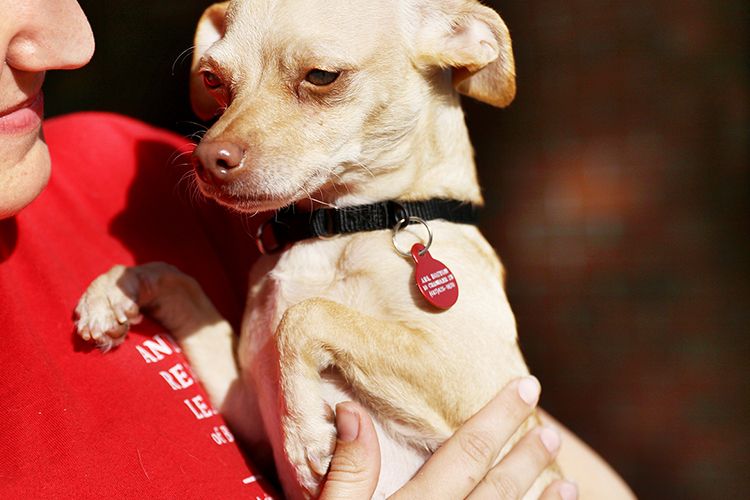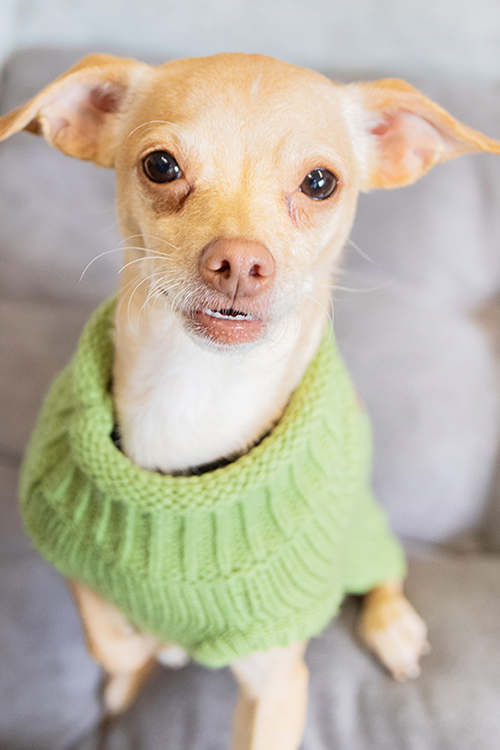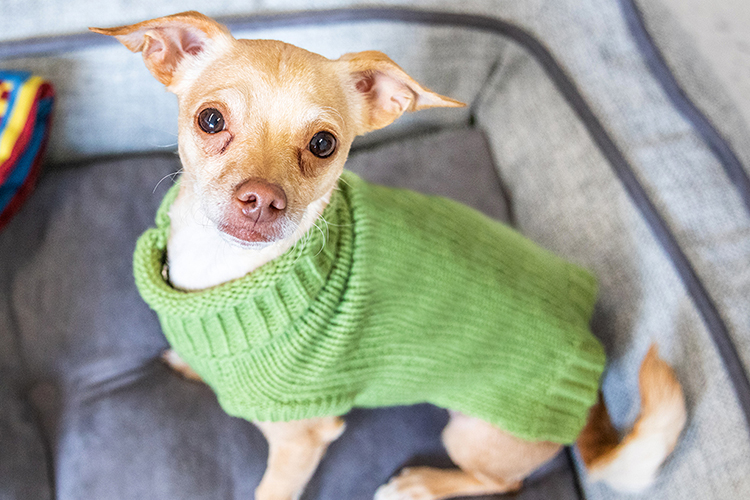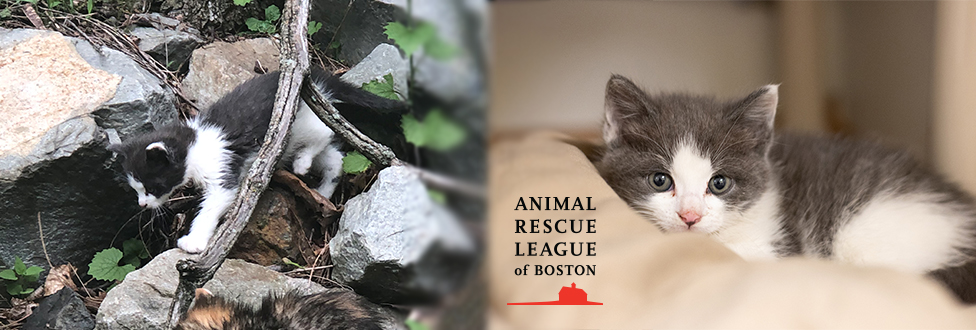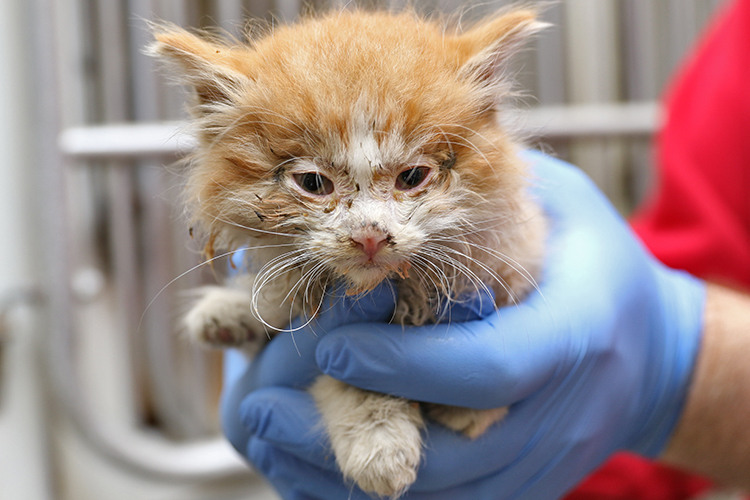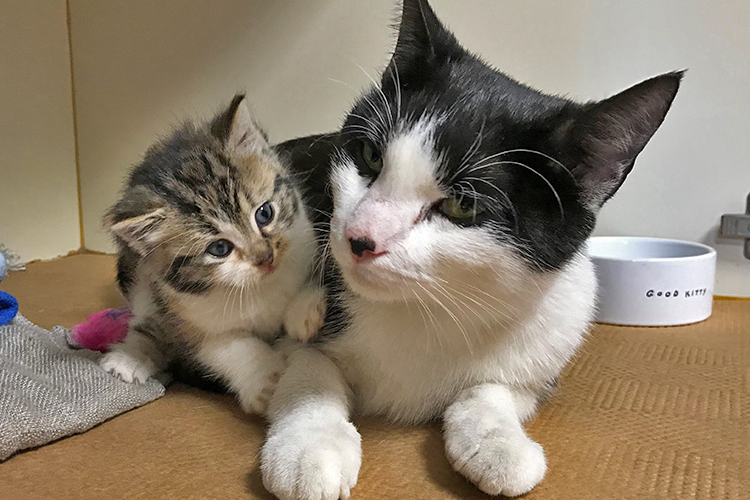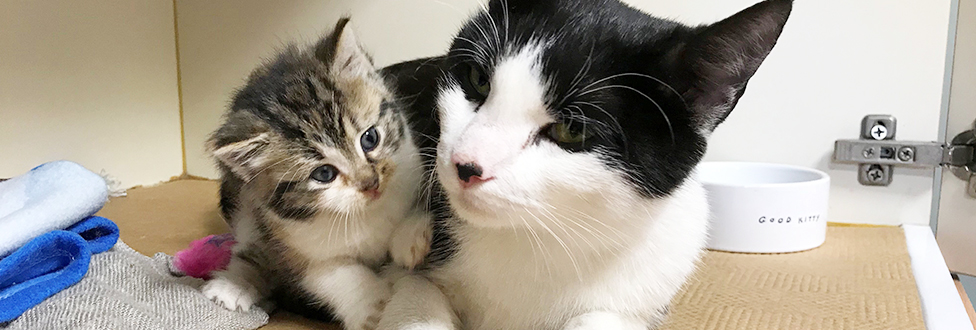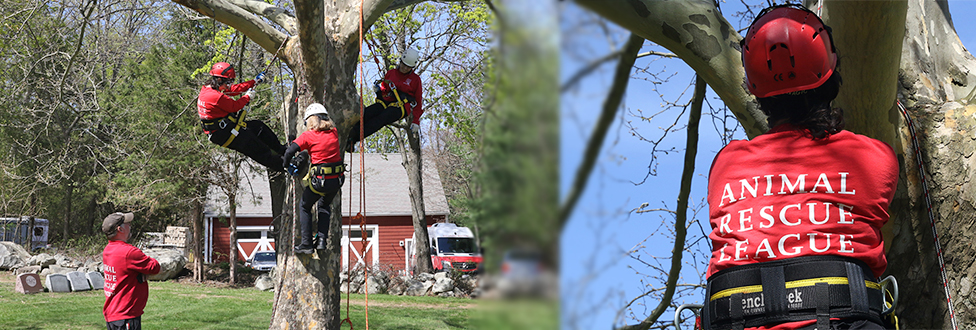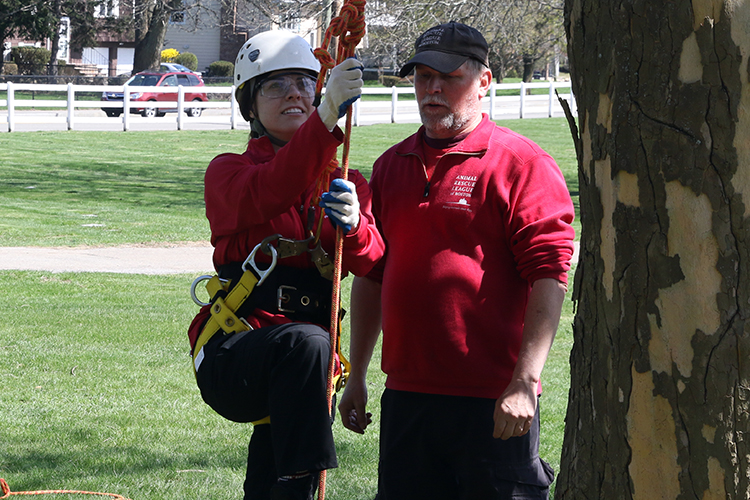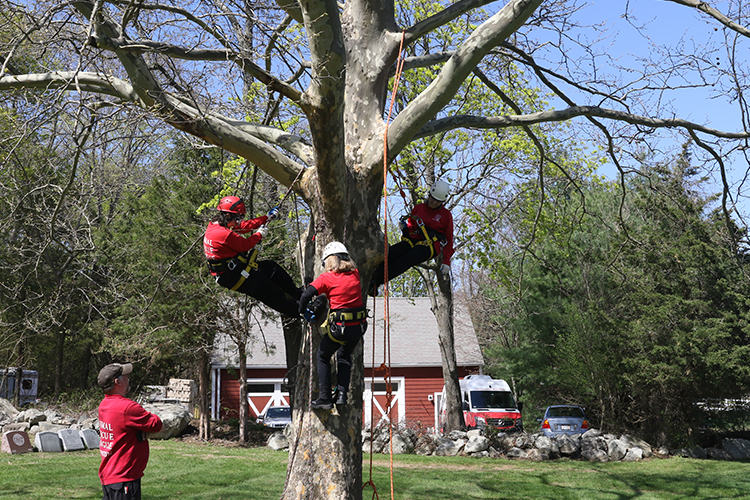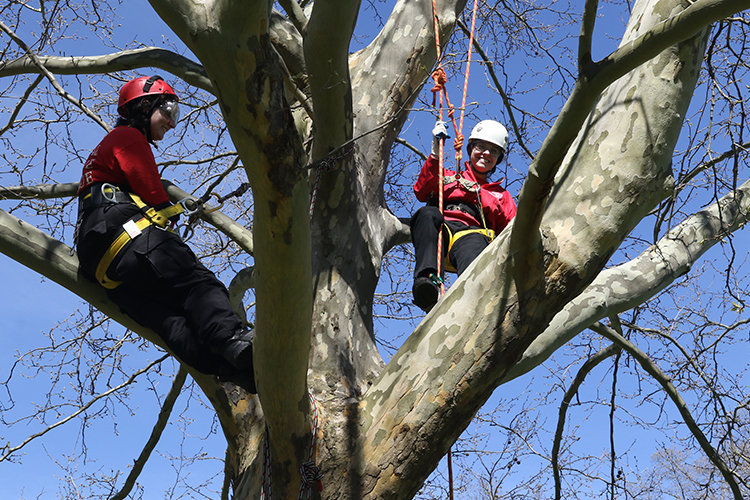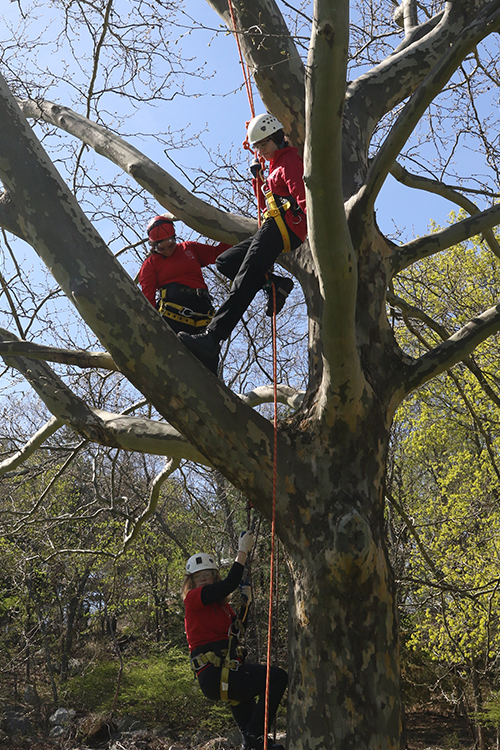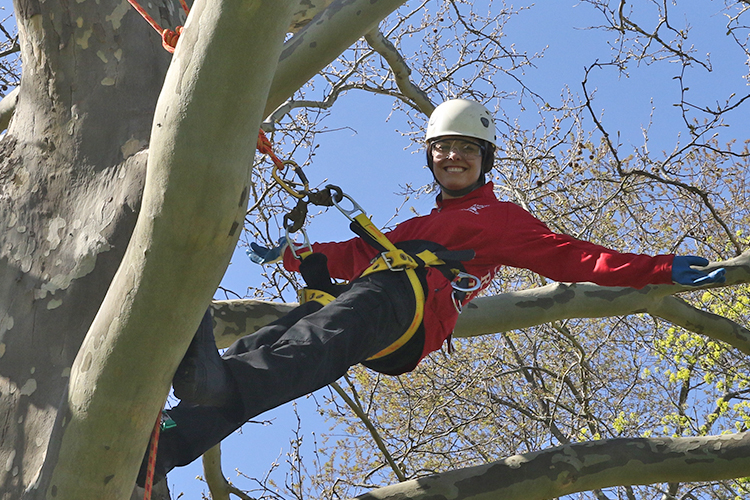ARL, Middleboro Police Seize Animals at Kennel Facility
Animals found living in inhumane, unsanitary conditions
The Animal Rescue League of Boston’s (ARL) Law Enforcement Department, in conjunction with Middleboro Police and Animal Control Departments, recently executed a search warrant at a commercial kennel facility to inspect and seize animals from the property.
Most of the 24 animals removed were young adult Cane Corso and Dogo Argentino dogs, however, a peacock, donkey, ducks and a chicken were seized as well.
The animals were found living in poorly ventilated, unsanitary, cruel and dangerous conditions. They have been transported to ARL’s Dedham, Boston and Brewster, as well as municipal facilities in Middleboro, Auburn, Mansfield, Norton, and Framingham. The animals are friendly and will undergo ongoing medical care and behavioral evaluations before being made available for adoption.
The entire operation took approximately 12 hours, and ARL would like to thank the Middleboro Police, Animal Control and our partner shelters who assisted in rescuing these animals from their cycle of neglect.
Your emergency gift today can support:
- Veterinary care and rehabilitation for the sudden influx of animals that have suffered
- On-going investigations of cruelty to pursue justice for animals
- Emergency response when crisis strikes and animals are in dire need
Click here to make a life-saving gift today.
This is an on-going investigation, however, potential charges may be pending at the conclusion of the investigative process.
This story will be updated as further details emerge.

